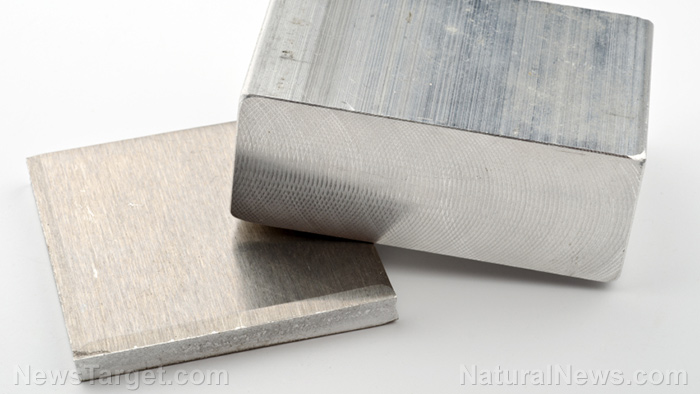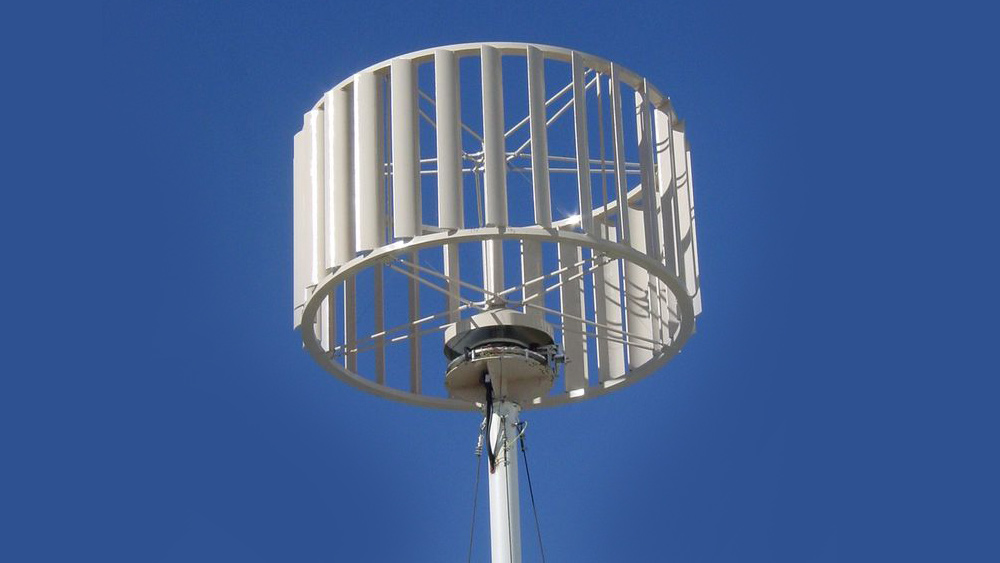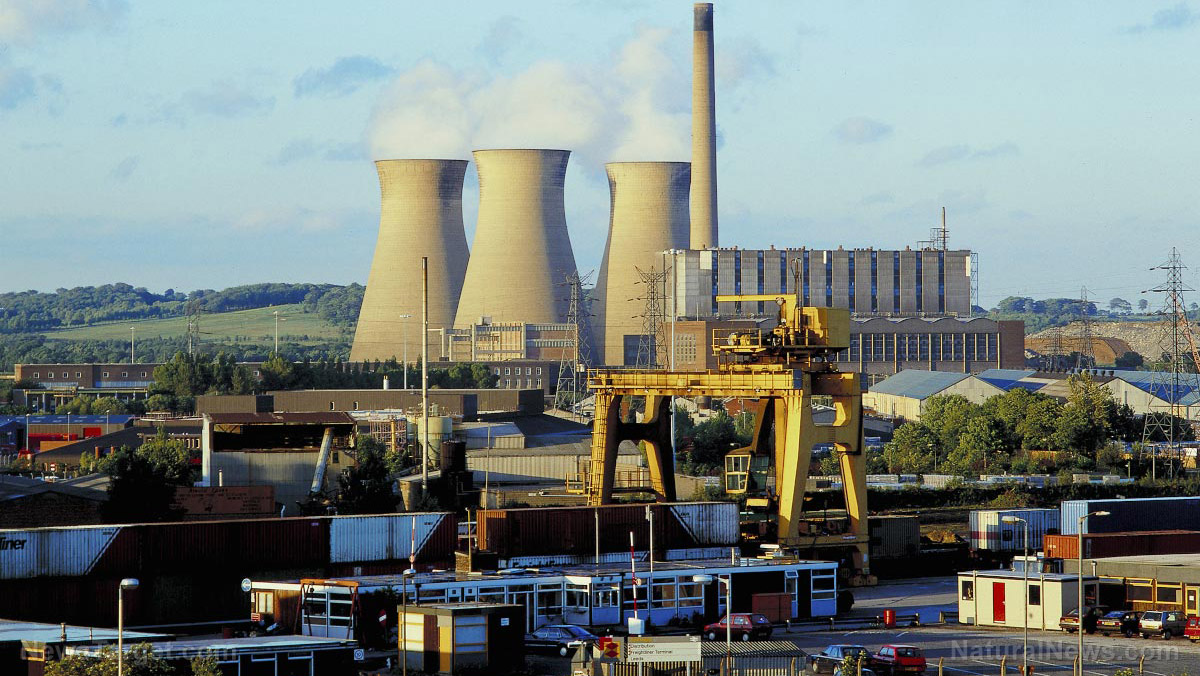Volvo announces plan to develop steel for its cars without using fossil fuels
06/28/2021 / By Ramon Tomey

Swedish carmaker Volvo has announced that it will develop steel for its cars without the use of fossil fuels. While steel is an important material for manufacturing cars, fossil fuels such as coal are involved in its creation. Thus, Volvo has partnered with Swedish steel manufacturer SSAB to make fossil-free steel a reality.
The vehicle manufacturer said that it will start making cars using steel produced with hydrogen instead of fossil fuels by 2026. It announced its partnership with SSAB’s HYBRIT initiative to make this endeavor a reality. The steel manufacturer launched the initiative alongside iron ore producer LKAB and energy firm Vattenfall.
HYBRIT aims to replace coking coal used in the traditional steelmaking process with hydrogen and green electricity. According to Volvo, the steel industry accounts for about seven percent of total direct carbon emissions. This is largely due to the industry’s reliance on iron-based technology – which calls for the use of blast furnaces and coking or metallurgical coal.
HYBRIT’s output is expected to be the world’s first steelmaking technology without utilizing fossil fuels and without leaving any carbon footprint. Volvo is set to procure SSAB steel made using the fossil-free process and use it for a concept car. Furthermore, SSAB plans to supply the market with this “green steel” on a commercial scale beginning in 2026.
Volvo Cars President and CEO Hakan Samuelsson said in a June 16 statement: “As we continuously reduce our total carbon footprint, we know that steel is a major area for further progress. The collaboration with SSAB on fossil-free steel development could give significant emissions reductions in our supply chain.”

In the same statement, SSAB President and CEO Martin Lindqvist added: “We are building an entirely fossil-free value chain all the way to the end customer. Our breakthrough technology has virtually no carbon footprint and will help strengthen our customer’s [market] competitiveness. Together with Volvo cars, we aim to develop fossil-free steel products for the cars of the future.”
Volvo is pivoting itself to become an eco-friendly company
According to the Swedish carmaker, traditionally powered vehicles it produces amount to around 35 percent of carbon dioxide (CO2) emissions. Meanwhile, its production of fully electric vehicles comprise 20 percent of total CO2 emissions. (Related: California moves to ban sales of gas-powered cars by 2035.)
The June 16 statement said Volvo’s partnership with SSAB is the latest endeavor bolstering the carmarker’s overall climate action plan. It also mentioned that Volvo strives to be a fully electric car brand by 2030.
In addition, the statement said SSAB’s HYBRIT technology utilizes hydrogen produced from water and fossil-free electricity to manufacture its green steel. It also shared Volvo’s advocacy in reducing CO2 emissions. SSAB aims to reduce emissions in Sweden by 10 percent and in Finland by seven percent, the statement mentioned.
Volvo Group President and CEO Martin Lundstedt continued: “We are determined to be a climate-neutral company by 2050 in line with the Paris Agreement. This means that our vehicles and machines will be emission-free when in operation. [We] will [also] review the materials, like steel, used in our products and will gradually switch to fossil-free alternatives. This is an important step on the road to completely climate-neutral transport.”
Aside from SSAB, Volvo also partnered with logistics company DHL to deploy electric freight trucks. Prior to the partnership, DHL mainly used electric trucks for short-distance deliveries. The partnership, which kicked off in March 2021, involved an electric Volvo FH Truck traversing the Swedish cities of Jonkoping and Gothenburg located 150 kilometers away from each other. Charging stations for the truck were established at Jonkoping’s DHL facility and the Volvo Truck Center in Gothenburg.
A February 2021 press release said Volvo and DHL will collect information regarding the project and use the insights to help improve long-distance electric truck operations. It added that both companies are working together to reduce the logistics firm’s ecological footprint. (Related: Are hydrogen-powered freight trucks ready to roll out?)
DHL Freight Sweden CEO Robert Zander said: “The logistics sector is facing a huge challenge, which also offers a great opportunity at the same time – the decarbonization of freight transportation. The collaboration with Volvo Trucks helps DHL Freight to play an even bigger role in the transition to sustainable alternatives.”
Volvo Trucks President Roger Alm added: “The transport business is changing rapidly and to be sustainable is an increasingly important business advantage for many customers. We have a longstanding relationship with DHL, [and its] broad and global expertise in logistics allows us to study the conditions to progress with this technology shift, adapting to customer needs and their type of transport operation.”
Visit RoboCars.news to read more about Volvo and other carmakers shifting to green technology.
Sources include:
Tagged Under:





















